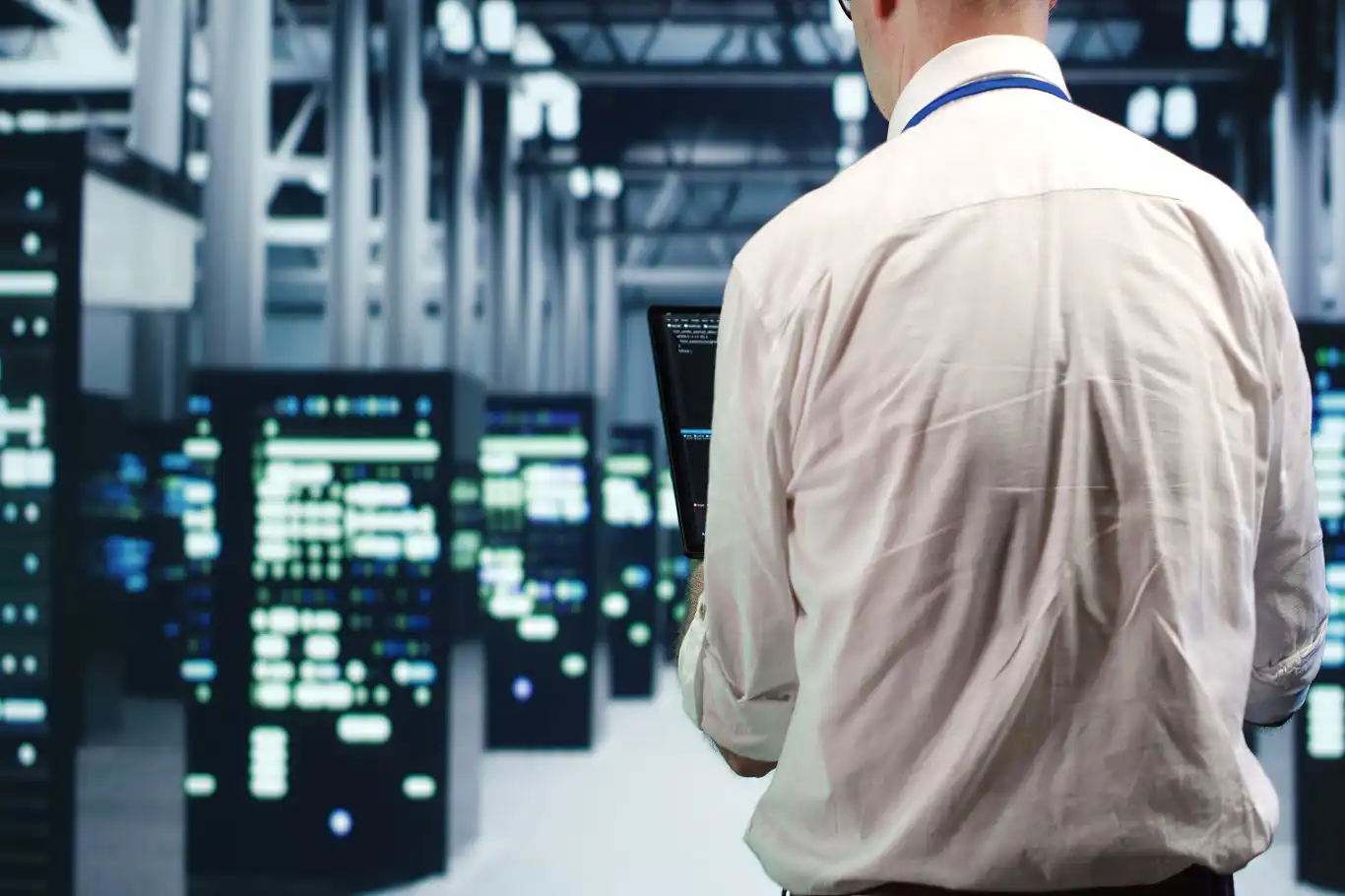Uzbekistan launches major incentives to attract AI and data infrastructure investment


Uzbekistan has unveiled a comprehensive package of incentives aimed at attracting over €85 million in foreign investment into artificial intelligence (AI) and data infrastructure, with a focus on the country’s northwestern Karakalpakstan region.
The programme, introduced by presidential decree, is part of Uzbekistan’s broader plan to develop a full AI ecosystem by 2030.
Under the initiative, investors will benefit from significant tax breaks, access to low-cost electricity, and support for renewable-energy solutions, while companies are expected to invest their own capital and adopt energy-efficient technologies, including battery storage and low-water cooling systems.
Karakalpakstan, an autonomous region affected by the Aral Sea crisis, has been identified as the primary site for large-scale data centres and high-tech projects. Government officials and experts emphasize that the region’s energy availability, cool climate, and land resources make it suitable for AI and computing infrastructure, while ongoing upgrades to fibre-optic and telecom networks strengthen Uzbekistan’s digital capacity.
“Cooling systems can account for up to 70% of a data centre’s power use,” said Kamola Sobirova, Advisor to the Minister of Digital Technologies. “Karakalpakstan’s surplus electricity and cooler climate allow for efficient natural ‘free cooling’ and low-water cooling solutions, essential for sustainable operations in the region.”
The programme is also expected to drive socio-economic growth by creating skilled jobs, attracting IT and digital services investment, and stimulating supporting industries such as logistics, cooling solutions, and equipment maintenance. Thanks to its location along key transit and fibre-optic routes, Karakalpakstan could serve as a hub for exporting AI computing power, cloud storage, and big data services to Eurasian markets.
Project proposals will be reviewed to ensure alignment with Uzbekistan’s national development agenda and digital economy plans, prioritizing those with export potential, renewable energy integration, and contributions to local infrastructure and community development. Authorities are also exploring the reuse of residual heat from data centres to support initiatives like greenhouse agriculture.
The presidential decree outlines ambitions to build more than 10 AI laboratories in collaboration with universities, develop technology clusters connecting start-ups and industry, and launch over 100 AI-based projects powered by renewable energy. By 2030, Uzbekistan aims to increase IT service exports to €4.3 billion and position itself as a regional hub for AI and digital technologies.
Uzbekistan has made notable progress in AI readiness, ranking 70th out of 188 countries in the 2024 AI Readiness Index, a 17-place improvement over the previous year, which officials attribute to policy reforms and increased international technology partnerships. (ILKHA)
LEGAL WARNING: All rights of the published news, photos and videos are reserved by İlke Haber Ajansı Basın Yayın San. Trade A.Ş. Under no circumstances can all or part of the news, photos and videos be used without a written contract or subscription.
Scientists have developed the first-ever simulation capable of modeling all 100 billion stars in the Milky Way, using artificial intelligence to run galaxy-scale physics around 100 times faster than previous techniques.
A California-based startup, TransAstra, is developing an innovative solution to capture asteroids and space debris: a giant inflatable device called the Capture Bag.
Chinese electric vehicle manufacturer XPENG has reached a major milestone in the future of urban air mobility, as its subsidiary XPENG AEROHT officially launched trial production at what is being described as the world’s first intelligent flying car factory.
A German court has ruled that OpenAI’s ChatGPT unlawfully used lyrics from several songs, including hits by renowned musician Herbert Grönemeyer, in violation of Germany’s copyright laws.